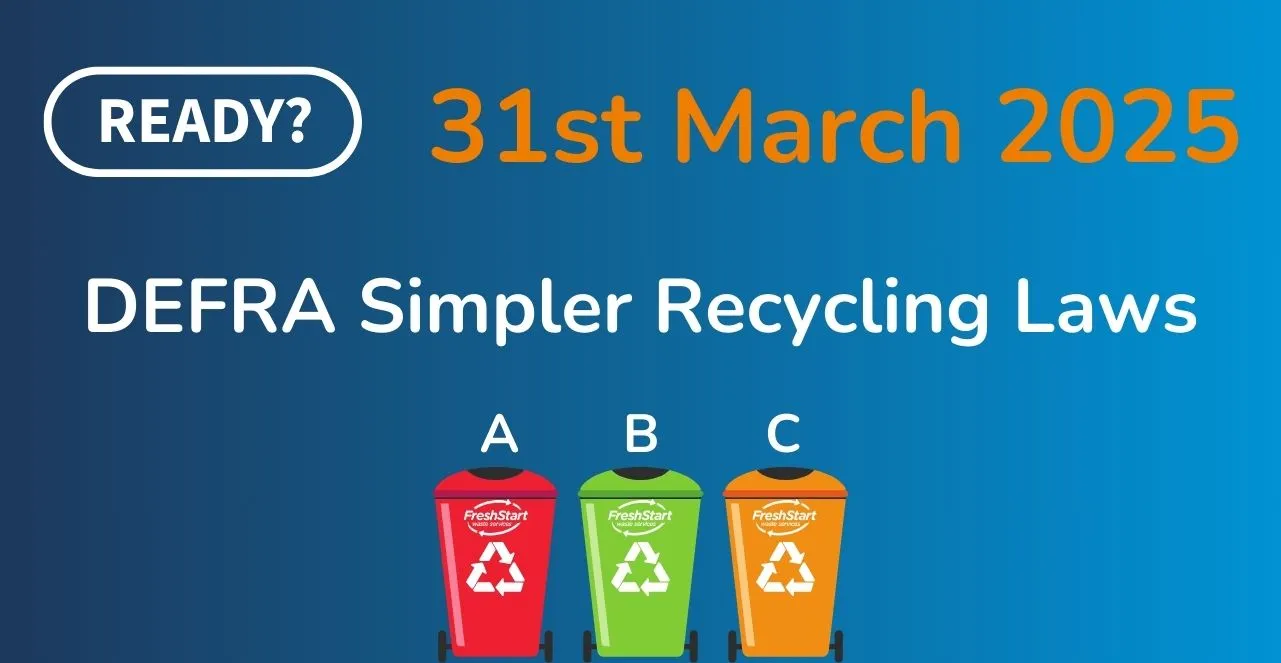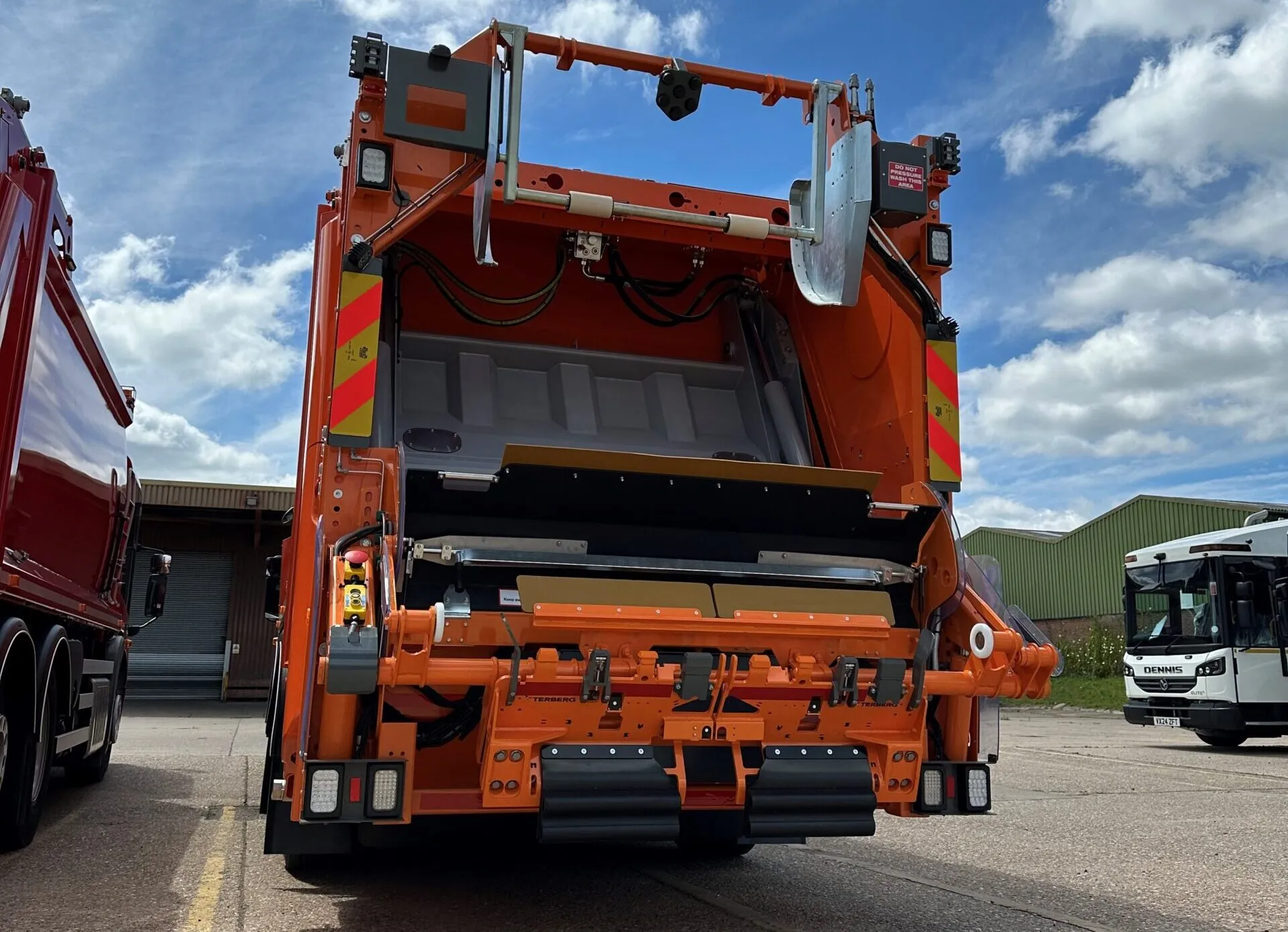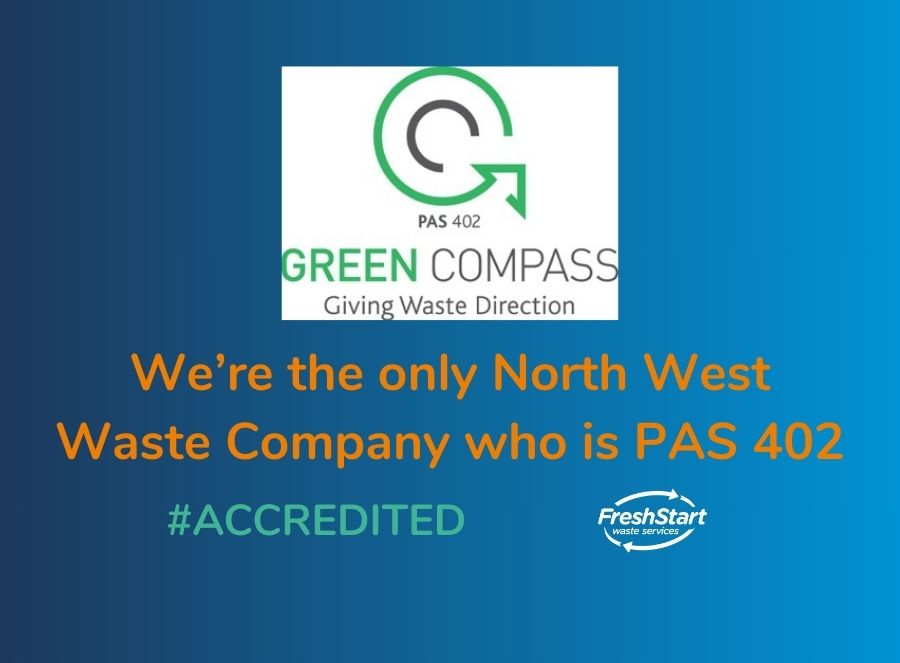Terberg Matec UK (TMUK) has increased its range of dynamic weighing software integrations through a partnership with Waste Logics. Waste Logics has become the 10th waste management software company to align with Terberg Matec’s TMDW9020 dynamic weighing system, offering commercial waste customers a significant range of options. The technology uses in-cab data sent via Bluetooth to record the weights of individual bins and different waste streams in real-time.
“I firmly believe that Terberg has the best technology and the most reliable system for integrated dynamic weighing,” says Ian Warren, Weighing & Data Manager at TMUK. “Our ability to seamlessly marry with so many waste management software solutions is a real plus point for waste operators”.
This applies to Fresh Start Waste Services, based in the North-West of England, and was the first business to take delivery of vehicles using the Waste Logics integration, Fresh Start has an existing relationship with Waste Logics. “It was desirable to us that the software works in unison with Terberg bin lift products,” says Ben Entwistle, Head of Operations at Fresh Start. “We’re really pleased with our purchase.”
Rob Colby TMUK Commercial Director commented, “It is a privilege to team up with Fresh Start Waste Services and their chosen software partner, Waste Logistics. The collaborative approach on this project has delivered a very smooth development & implementation process. We are thrilled to be in a position to expand our reach and link up with additional software experts such as Waste Logistics. I have no doubt that this combination will enhance the experience for both Fresh Start and their customer base.”
Fresh Start Waste Services is a carbon-conscious waste and recycling service provider, and Terberg Matec’s Dynamic Weighing System supports these environmental goals in providing accurate data about each and every bin collected. In addition to reporting load weight for billing purposes, it provides a very accurate measurement of under- or over-loaded vehicles. “If we can see data that says we only empty one bin worth of weight every four visits, we can review the collection frequency and potentially save the customer some money, as well as reducing the carbon impact of more frequent visits, this allows us to maximise the payload when we come to collect the bins, in this instance we reduce the number of visits to empty a bin by 75%, which is in line with our environmental goals,” says Ben.









